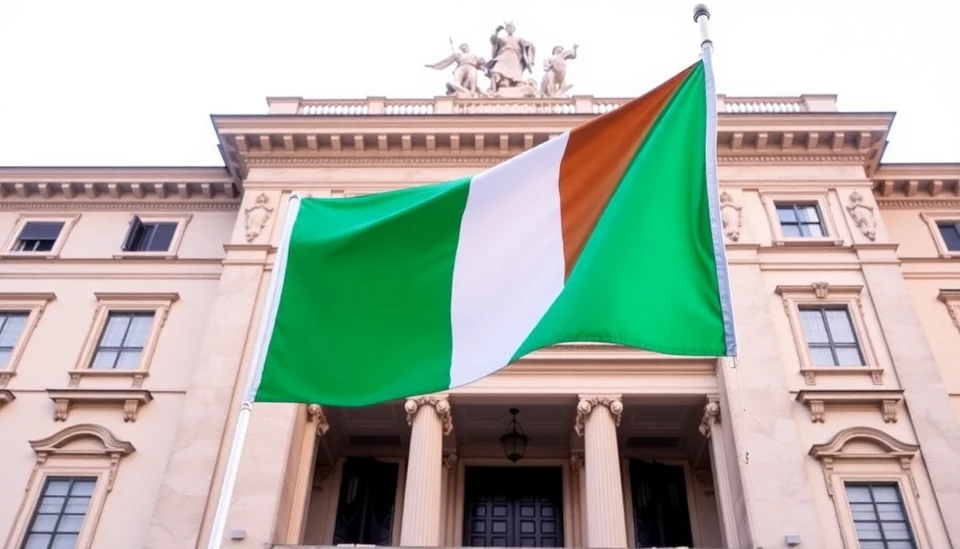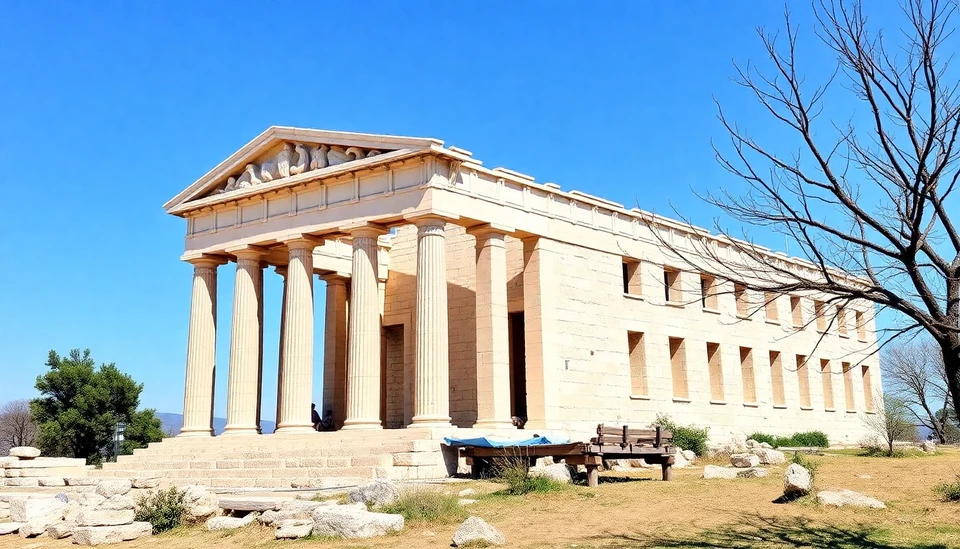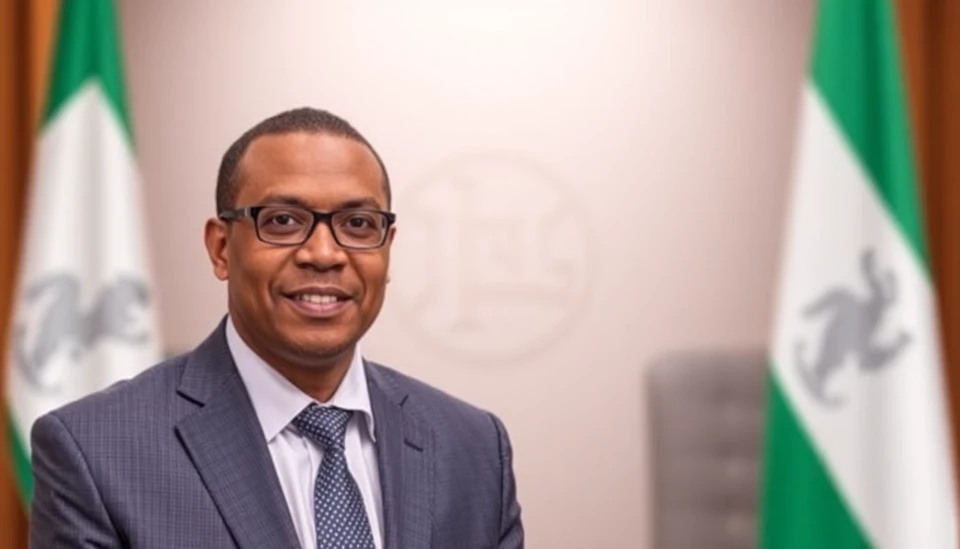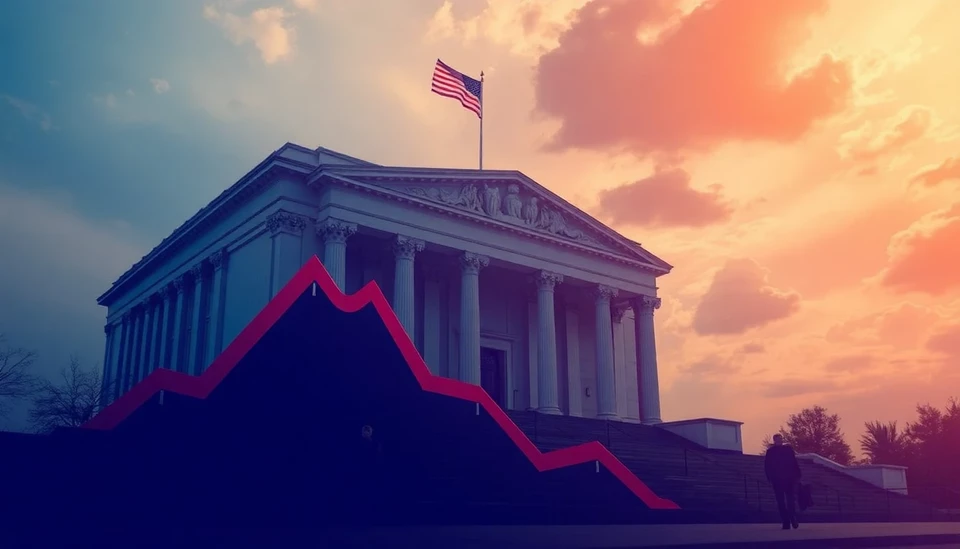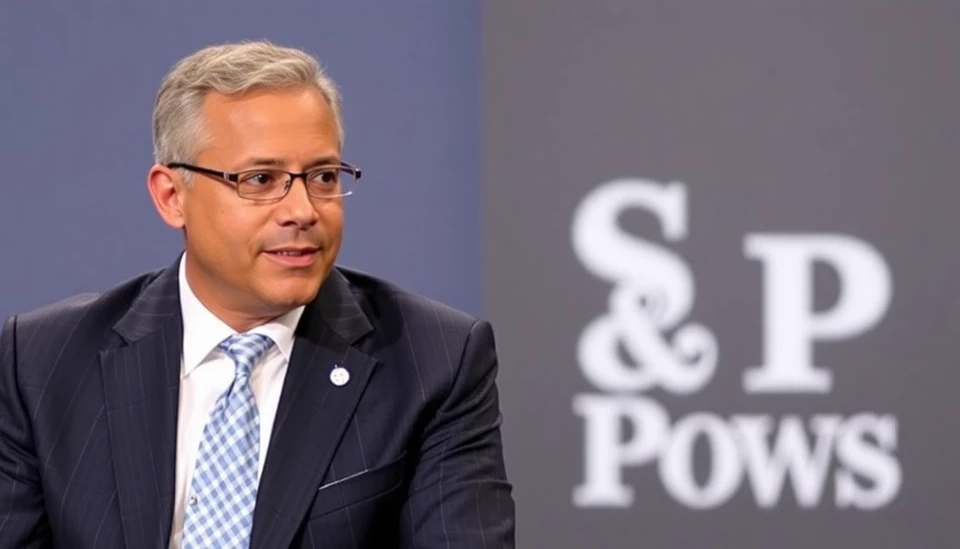
In a pivotal statement, the CEO of Standard & Poor's (S&P), Mohamed El-Erian, criticized the inherent biases in the global credit rating system, emphasizing how they disproportionately affect African nations. He highlighted that these biases have resulted in significant financial ramifications for the continent, costing it an estimated $7 billion annually. This commentary brings to light an ongoing discussion regarding the fairness and accuracy of ratings applied to emerging markets.
El-Erian's remarks came during a conference focused on economic development in Africa, where he urged for reforms in the credit rating process. According to him, the ratings are often overly conservative and fail to accurately reflect the potential economic growth of these countries. This rigid assessment framework has created barriers for many African nations seeking to access international capital markets.
The ratings, typically influenced by global financial standards, often overlook the unique economic circumstances and growth potential found within African economies. For instance, while many countries may struggle with debt levels or inflation, they also possess promising resources and young demographics that could drive future growth. El-Erian argued that failing to consider these factors leads to a misrepresentation of risk and a discouraging investment environment.
El-Erian’s comments have reignited the debate around the role and responsibility of credit rating agencies in the global economy, especially as they relate to developing nations. He suggested that a more nuanced approach is needed, one that takes into account the broader economic context and prospects of these countries. This includes recognizing the potential for innovation and growth that might not be evident from a purely numerical assessment of current economic conditions.
Standard & Poor's, alongside other leading credit rating agencies, has been scrutinized for its ratings methodology. Critics argue that the existing guidelines are outdated and often punitive for countries facing challenges. El-Erian has called for a collaborative effort among investors, governments, and rating agencies to reshape these criteria to better serve the dynamic realities of African economies.
Moreover, El-Erian underlined the urgent necessity for African countries to enhance their own creditworthiness through governance reforms and economic diversification. By improving transparency and implementing sustainable economic policies, these nations could potentially improve their ratings, leading to easier access to financial markets and lower borrowing costs.
This conversation about credit ratings and their influence on African economies is part of a larger narrative about financial inequality in the global system. El-Erian’s points reflect a growing awareness that existing financial practices may inadvertently perpetuate historical disadvantages, making it all the more critical for reform to occur.
As the dynamics of global finance evolve, the calls for a rethink of how credit ratings are determined and applied grow louder. El-Erian’s assertions serve as a clarion call for stakeholders across the financial spectrum to prioritize fairness and accuracy in ratings, particularly for nations that hold vast untapped potential.
#CreditRating #AfricaEconomy #StandardAndPoors #FinancialReform #GlobalFinance #EconomicGrowth #InvestInAfrica #BiasInRatings
Author: Laura Mitchell
